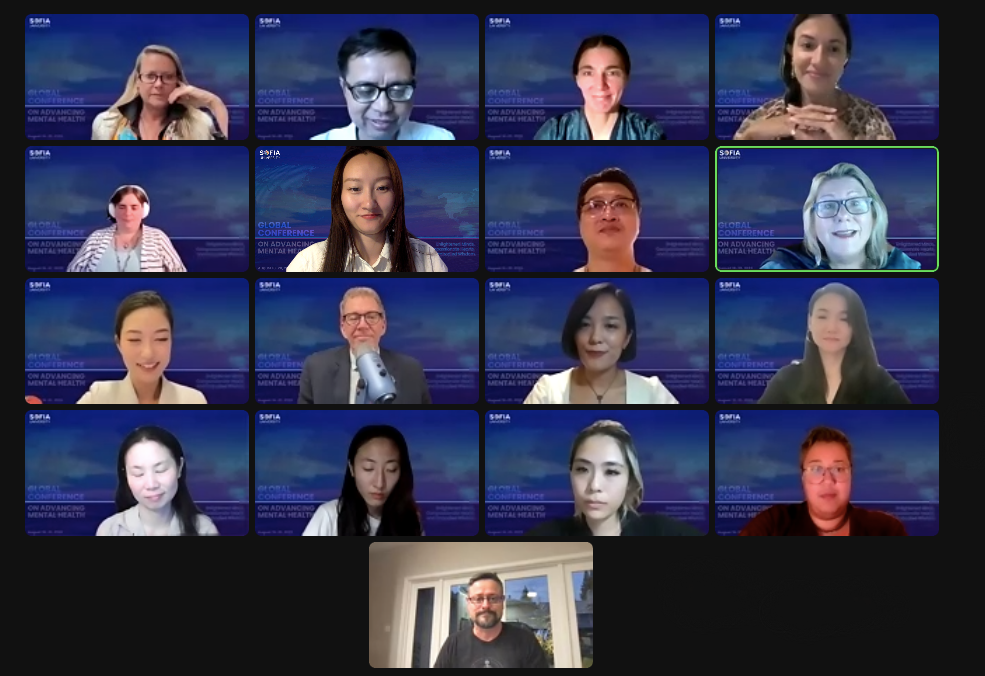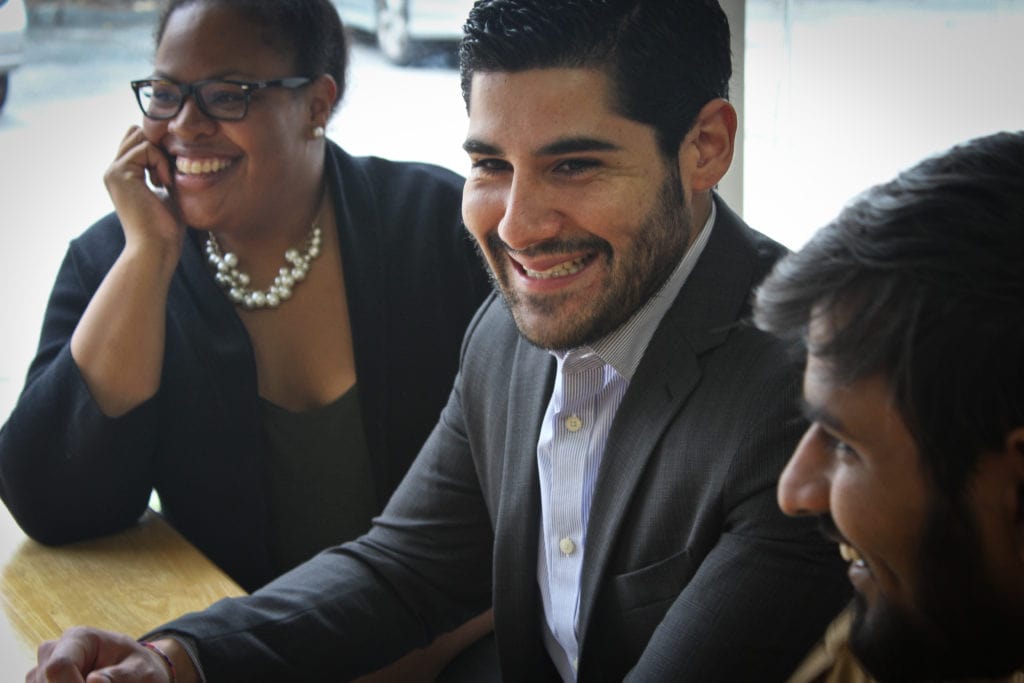Theme IV: Transpersonal Values for Growth and Transformation
Keynote Address: Transpersonal Psychology Needs to Think Bigger
Dr. Glenn Hartelius, the principal editor of the International Journal of Transpersonal Studies, underscored the profound contribution of transpersonal psychology to the broader field of psychology. This innovative branch has not only pioneered concepts that are now firmly established within the mainstream—such as consciousness, psychedelics, mindfulness, and spirituality—but has also maintained a holistic approach essential for effectively exploring these subjects. Advancements in each of these domains, coupled with shifts within transpersonal literature, have paved the way for the conceivable revitalization of transpersonal psychology as a significant force within both the psychological realm and society at large. “When we leave the research on whole person approaches to others who do not share a holistic, humanistic perspective, there is an inevitable reduction to something lesser.”
Achieving this resurgence demands a renewed commitment to the foundational vision set forth by Abraham Maslow and Tony Sutich, a reinvigoration of the movement’s institutional framework, and a renaissance in transpersonal research—an evolution that is already underway. According to Dr. Glenn Hartelius, this evolution signifies that transpersonal psychology can achieve a much greater impact than it currently holds. In fact, we bear the responsibility to fulfill this potential. The pathway forward involves setting aside metaphysical schemas, increasing the volume of transpersonal literature—especially empirical literature—holding our doctoral students to higher standards so that they graduate with elevated skill levels, and applying the transpersonal whole-person perspective to new areas of research.
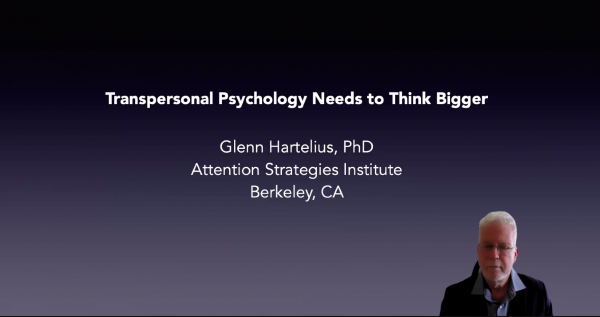
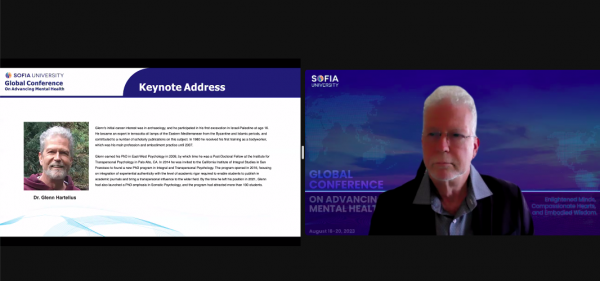
Keynote Address: The Use of Forgiveness in Life
Dr. Fred Luskin, the Director of the Stanford University Forgiveness Projects (SFP), has introduced a comprehensive framework consisting of 9 distinct steps aimed at guiding individuals towards the path of forgiveness. The overarching goal of this project is to position forgiveness as a fundamental principle within the realm of positive psychology, thereby presenting it as a valuable augmentation to various therapeutic interactions.
During the presentation, Dr. Luskin’s approach was both enlightening and instructional, combining didactic elements with accessible guided practices. The SFP’s research endeavors have yielded compelling findings, underscoring how the act of forgiveness can significantly contribute to the enhancement of both physical and emotional well-being.
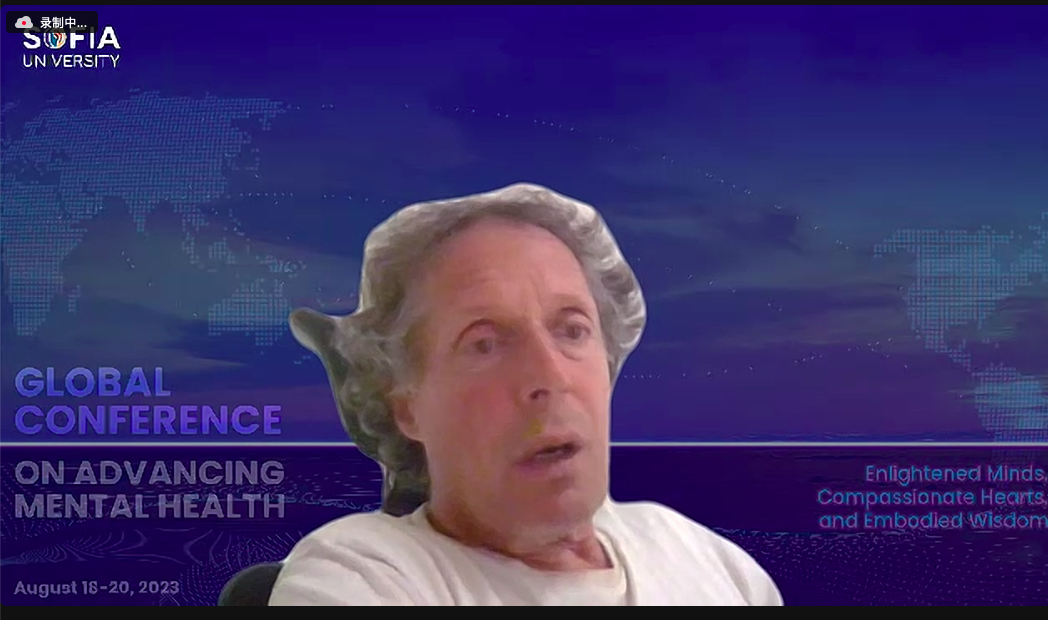
Panel Discussion: Transpersonal Values for Growth and Transformation
Dr. Dorote Lucci, as the Panel Chair, spearheaded the dynamic panel discussion, joined by esteemed colleagues such as Dr. Vladimir Maykov, Dr. David Lipschitz, Ruti Wagaki, and Dr. Dale Gooden. Their collective exploration delved into the intriguing theme of “Transpersonal Values for Growth and Transformation.” Through a comprehensive investigation, they illuminated the potential of forgiveness, gratitude, and transpersonal values as formidable catalysts for personal growth.
The discourse encompassed a rich tapestry of subjects, each shedding light on unique facets of personal evolution. Among the pivotal subjects, the pivotal role of self-compassion in fostering transformation took center stage. Additionally, the discussion thoughtfully delved into the concept of ‘Belonging’ as a driving force in leadership dynamics and cultural metamorphosis. An exploration of ‘Embodiment’ within the context of healing arts further enriched the discourse.
In the realm of personal growth and healthcare, the panel thoughtfully examined the dimensions of ‘Equity, Inclusion, Diversity, and Accessibility (EIDA)’ as integral components of growth. Their analysis extended to the profound impact of family dynamics on intergenerational healing, thus encapsulating a holistic view of transformation.
With an overarching goal of expanding participants’ grasp of transpersonal values, the panel sought to ignite fresh perspectives on mental health approaches. These novel approaches, deeply rooted in positive emotions and virtues, promise to reshape the landscape of innovative mental well-being strategies. The symposium succeeded in its mission, leaving attendees inspired and equipped to embark on transformative journeys informed by transpersonal insights.
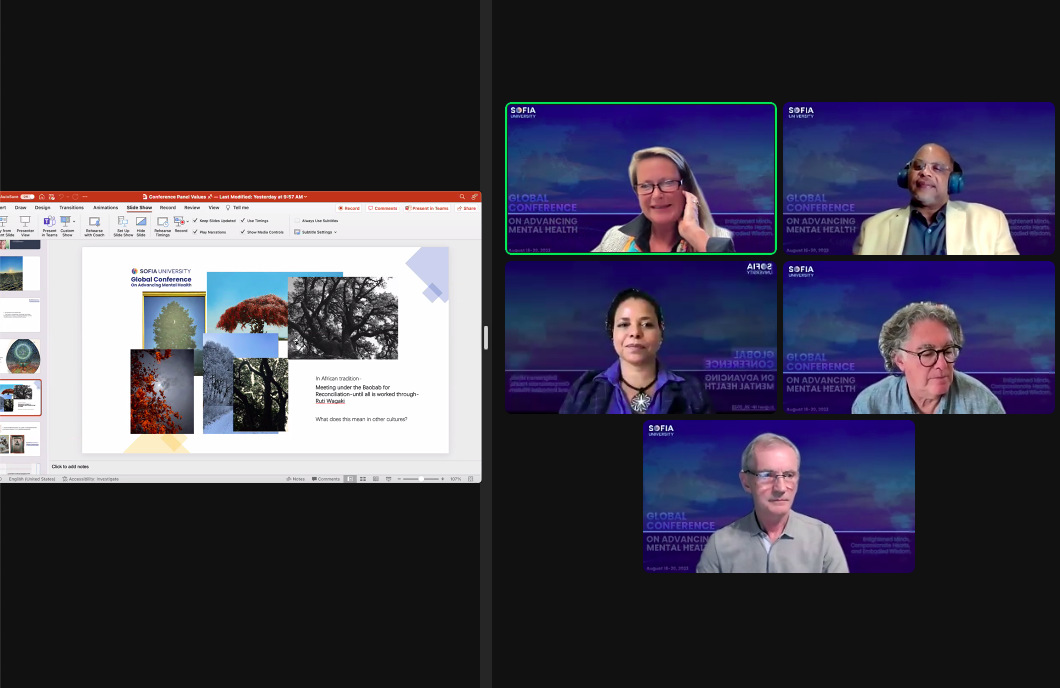
Submitted Presentation
Dawn Celeste McGregor’s research delved into the nuanced realm of sexual agency and transformation. Exploring the complex interplay between individual agency, societal norms, and transformative experiences, this study promised to unravel the multifaceted aspects of human sexuality.
In a groundbreaking endeavor, Travis Gray engaged with the transpersonal psychology domain from a unique perspective — that of deaf students. By giving voice to a community often marginalized in psychological research, this study seeks to address crucial questions related to transpersonal experiences and their intersections with deaf individuals’ lived realities.
Melding the realms of music and meditation, Jeremy Bieber’s research offers a harmonious exploration. Delving into the potential influence of musical frequencies and intervals on meditative states, this study offers a symphony of insights into the intersections of auditory experiences and mindfulness.
Candida Crasto’s intuitive inquiry takes a retrospective dive into personal experiences, bringing to light a podcast project that dares to confront societal taboos head-on. By tackling topics of sex, shame, stigma, and sexually transmitted infections, this study challenges norms and facilitates vital conversations.
Journeying into the ethereal realm of altered states of consciousness, Weiyan and Jingrong Li embarked on a transformative expedition. Sharing their personal encounters with ASC, this study lends a unique perspective on human cognition, perception, and the enigmatic realms beyond ordinary awareness.
The collaborative effort of Hlava, Elfers, McGregor, and Arreguin delved into the intricate synergy between two seemingly opposing emotions: grief and gratitude. By exploring the transformative potential that arises at the confluence of these emotions, this study promises to offer insights into the complex tapestry of human emotions and personal growth.
Each of these studies invite us on a journey of discovery, where conventional boundaries are transcended, and new insights beckoned. Individually and collectively, they contribute to the ever-evolving landscape of human understanding, enriching our perspectives and broadening the horizons of academic exploration.
Symposium: Future of Psychology
Dr. Dorote Lucci and Dr. Caifang Zhu led the discussion, joined by Dr. Xiaodong Lin, Dr. Robert Siegler, Dr. Benjamin Lovett, Dr. David Patterson, Dr. Harris Friedman, and Dr. Anne Hsu. Together, they explored various aspects of the intersection between Artificial Intelligence (AI) and the direction of psychology. The discussion primarily focused on historical figures in psychology, the evolution of different psychological traditions, contributions from Transpersonal Psychology (TP) to the broader field, impacts of psychological procedures on brain structure and function, the importance of collaboration, challenges within the academic field, and the relationship between spirituality, religion, and consciousness studies. The conversation also touched on the impact of technology and AI-induced social turmoil on psychology, highlighting the need for scientific grounding in psychology, the potential benefits of embracing openness in TP, the role of spirituality in modern psychology, and the ongoing shift towards consciousness studies as a scientific approach. Additionally, it addressed the challenges and opportunities presented by emerging technologies like AI and their impact on societal well-being.

Community Conversation
The conversation held within this community space was incredibly rich, encompassing a depth of meaning that resonated throughout the event. As we transitioned into the subsequent days, it became apparent that the individual and personal insights cultivated by participants over the following weeks held significant value, despite the tendency for them to be overlooked in the fast-paced flow of life. The communal dialogue served as an encouragement to nurture these emotions through diverse channels, allowing these thoughts and feelings to integrate further into the fabric of the community. Anticipation for forthcoming community gatherings was met with the eagerness to sustain involvement in these nascent developments.
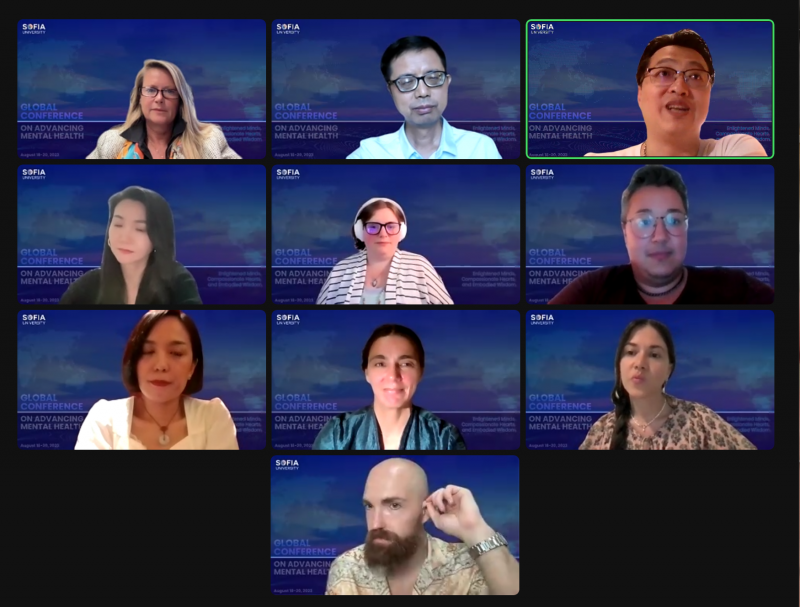
Closure for the Conference
In their concluding statements, Dr. Caifang Zhu and Dr. Dorote Lucci, the co-chairs, emphasized the urgent need for greater quantitative efforts in the realm of Transpersonal Psychology. They highlighted the importance of nurturing a sense of community among Transpersonal students, scholars, and researchers to ensure sustainable growth and advancement of the field. This collaborative approach is expected to drive the exploration and deepening of various aspects of Transpersonal Psychology.
During the event’s culmination, Dr. Carol Humphreys, President of Sofia University, joined the participants to extend heartfelt appreciation to all those who contributed unwavering efforts to ensure the success of the event. This spirit of teamwork was evident throughout, from the conference co-chairs Dr. Caifang Zhu and Dr. Dorote Lucci to Yali Wang, the Executive Director of Global College, as well as the operational, marketing, and communication teams. Recognition was also extended to the scholars, students, and stakeholders who played a pivotal role in making this extraordinary virtual assembly a reality.
With attendees from across the globe gaining insights from prominent figures in psychology, particularly within Transpersonal Psychology – a core aspect of Sofia University’s ethos – this event provided a platform to contemplate the future trajectory of psychology. This moment is worth celebrating, and the pursuit of wisdom will continue as the anticipation for more enriching dialogues grows.
The conference has also paved the way for numerous transpersonal psychologists to delve deeper into the potential of the field and its implications for their personal lives and academic pursuits. As participant Stephanie Witechowsky aptly put it:
“We are not alone. We form a united community, an interconnected family within the transpersonal movement. This unity resonates within every member, speaker, and participant. We stand together, never alone.”
